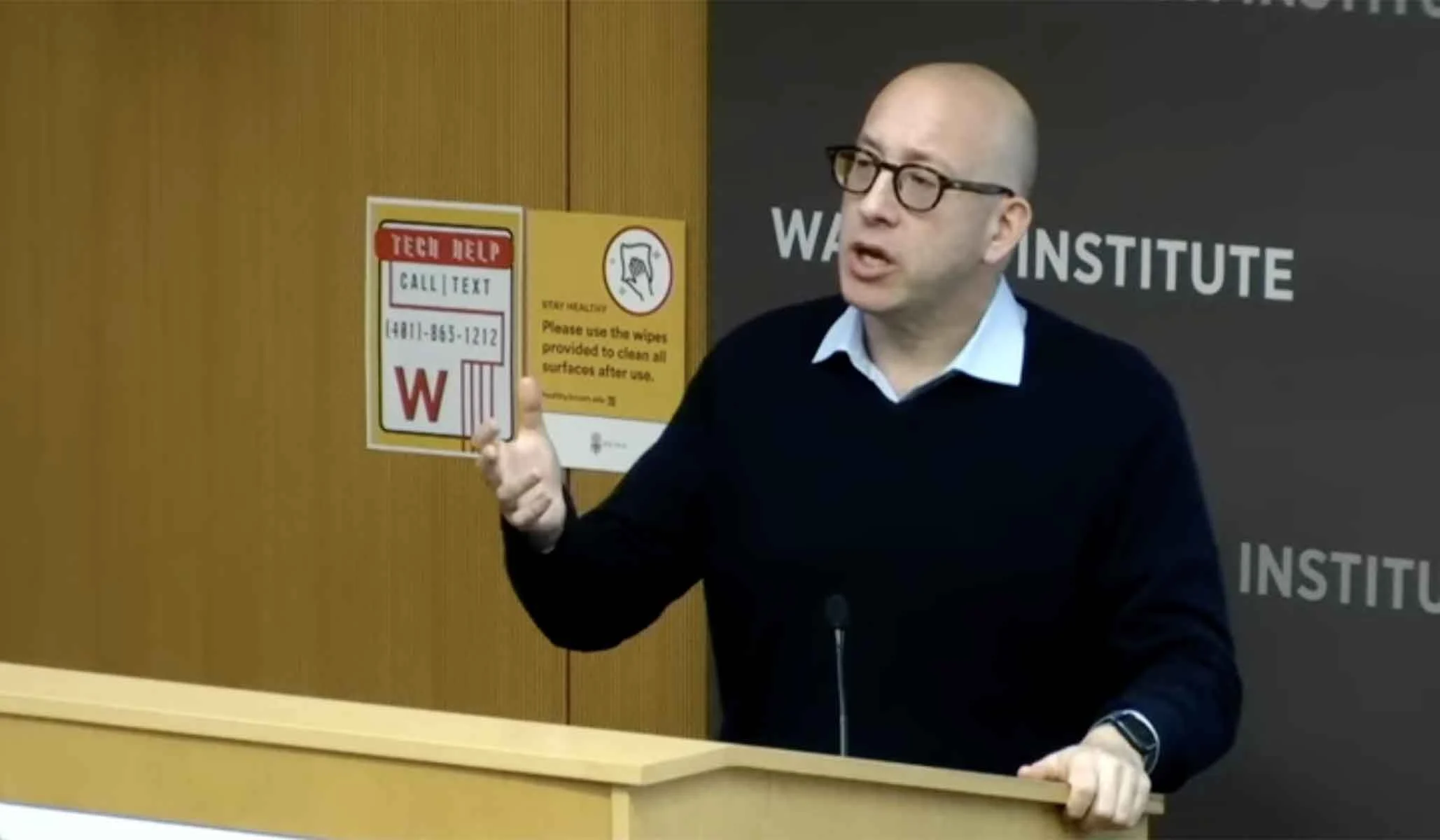Criticism of ESG, an investment discipline that scores companies based on their environmental, social, and governance measures, is increasing, particularly in conservative states. Critics argue that giving value to moral or scientific imperatives goes against the profit principle at the heart of the free market. However, supporters of ESG, including billionaires like Mike Bloomberg and Tom Steyer, argue that opposing ESG is a misunderstanding of capitalism. Jacob Soll, a professor at the University of Southern California, recently wrote an article supporting ESG against its conservative critics, citing St. Francis of Assisi. However, citing an individual who embraced poverty may not be the most effective way to reassure those uncertain about ESG. The core principles of ESG and stakeholder capitalism, which dilute property rights and risk eroding democracy, are being criticized by free-market advocates. They argue that a company is the property of its shareholders and that the job of management is to run the business for their financial benefit. They also believe that decisions on issues like environmental policy should be made by the legislature, not by corporate power and money. The article concludes that while profit is not everything, ESG is a distinct system that attempts to enforce certain behavior within and by businesses. It argues that investors should have the freedom to invest according to their principles, whether they align with ESG or not. The article also questions the sustainability and effectiveness of ESG in delivering long-term returns.

The Debate over ESG: Is It Compatible with Capitalism?
by
